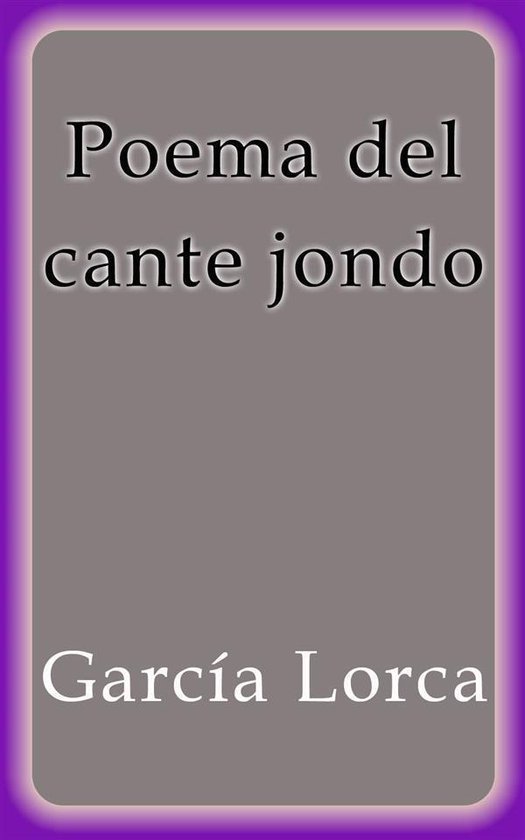
Cut off in Moorish ruled Al-Andalus from the rest of western Christian Europe, it survived the Gregorian reforms of the western Catholic liturgy and the Moorish invasion, persisting until at least the 12th century. Long before the Moorish invasion, Visigothic Spain had its own liturgic music, the Visigothic rite (also known as the Mozarabic rite), which was strongly influenced by Byzantium.

To what extent this eastern flavour is owed to the Moors, the Jews, the Catholic Mozarabic rite, and the Gypsies is impossible to determine. Some claim the middle-eastern influences on southern Spain’s music as clear. Certain flamenco palos like the Peteneras and saetas have been attributed a direct Jewish origin. The Jews were an important group in al-Andalus, able to maintain their own traditions, rites, and music under a culture of religious tolerance fostered by the Moorish rulers. One such was Zyriab, who revolutionized the shape and techniques of the oud, adding a fifth string, and set the foundations for Andalusian nuba.Ĭenturies later, aspects of this “Moorish guitar” combined with the European lute and guitar latina to create the vihuela, which in turn influenced the baroque guitar, the precursor to the classical guitar – the basis of the flamenco guitar, and all other guitars in popular usage today. The Emirate, and later Caliphate of Córdoba became a major center of influence in both the Muslim and Christian worlds, attracting musicians from all Islamic countries. The conquerors brought their music, and were in turn influenced by native Spanish forms. Moorish influence in the Iberian Peninsula goes back thousands of years, but it was the Islamic invasion in 711 that brought the main musical influences. Other hypotheses include connections with Flanders (flamenco also means Flemish in Spanish), believed by Spanish people to be the origin of the Gypsies, or the flamante (ardent) execution by the performers, or the flamingos. Blas Infante, in his book Orígenes de los Flamencos y Secreto del Cante Jondo, argued that flamenco comes from the Arabic word fellahmengu, meaning “expelled peasant” after the end of the Moorish reign.chicarada means dance of the young ones. George Borrow claims the word flemenc is synonymous with “gypsy”.


There are questions not only about the origins of flamenco, but also about the origins of the word itself. Latin American and especially Cuban influences have also contributed, as evidenced in the dances of “Ida y Vuelta”. Other regions, mainly Extremadura and Murcia, have also contributed to the development of flamenco, and many flamenco artists have been born outside Andalusia. Andalusian people who grew up around gypsies were also accepted as “flamencos” (Paco de Lucía). Flamenco is the music of the Andalusian gypsies and played in their social community.


 0 kommentar(er)
0 kommentar(er)
